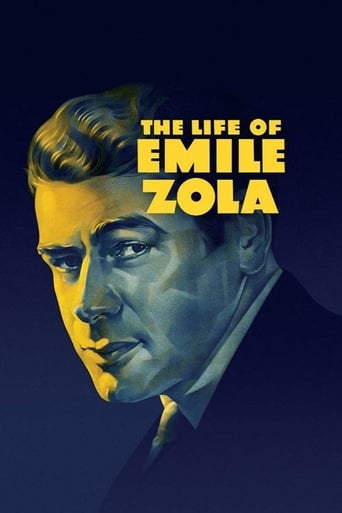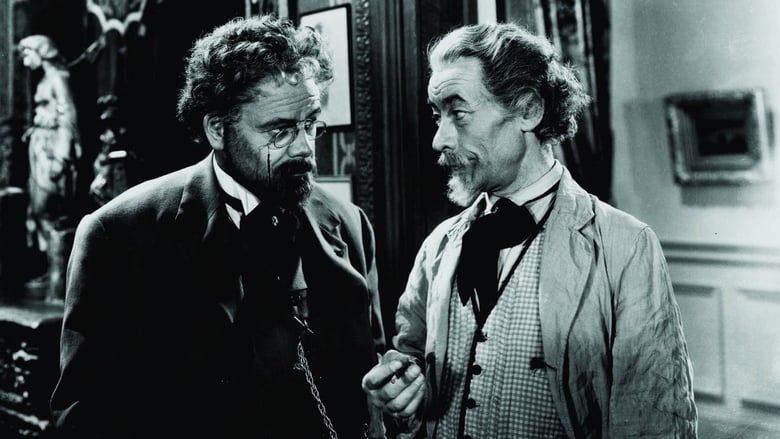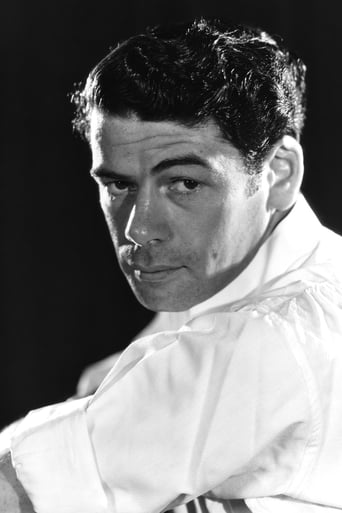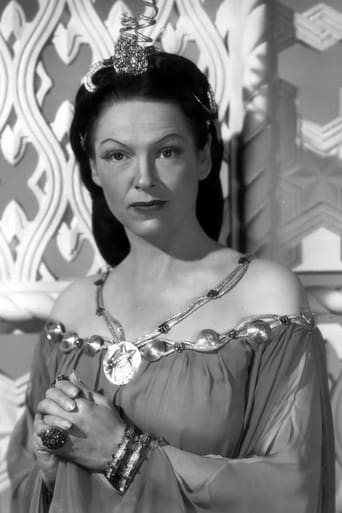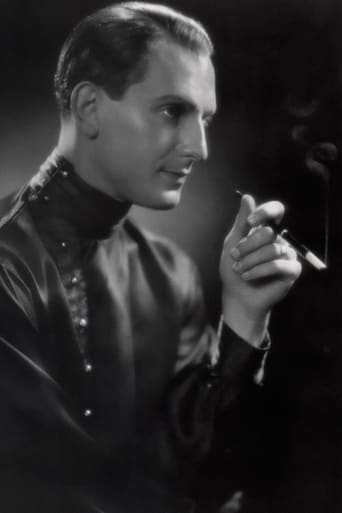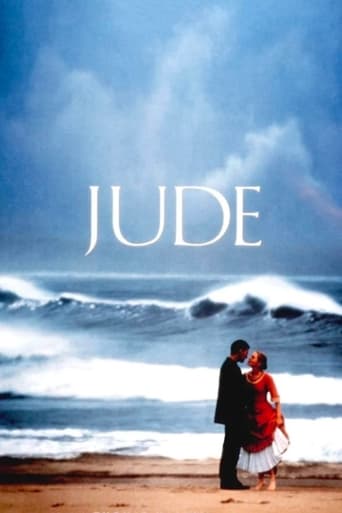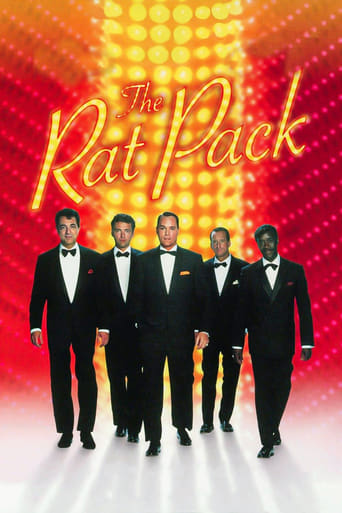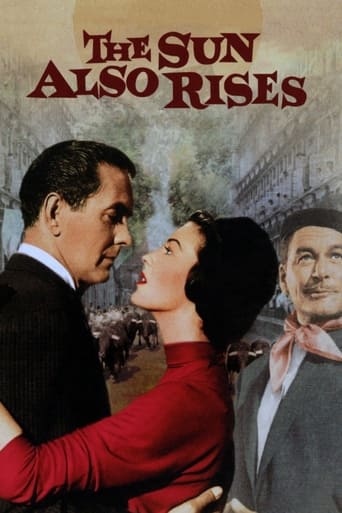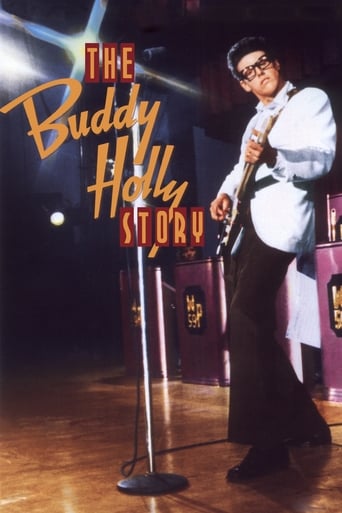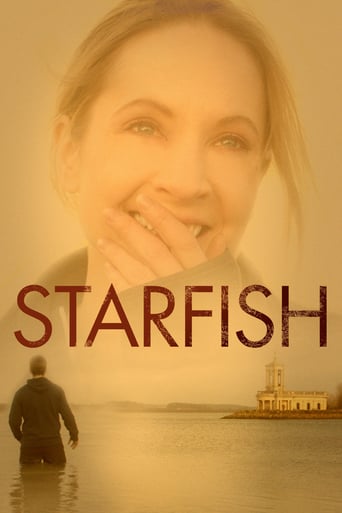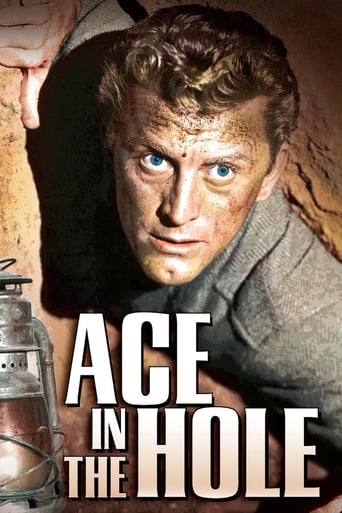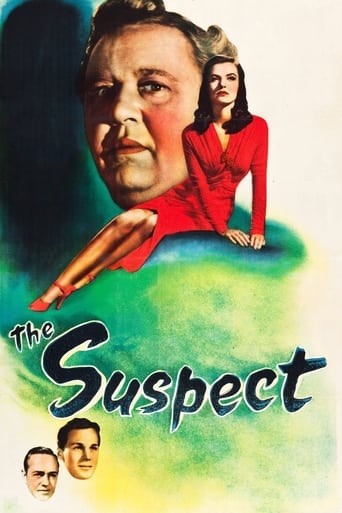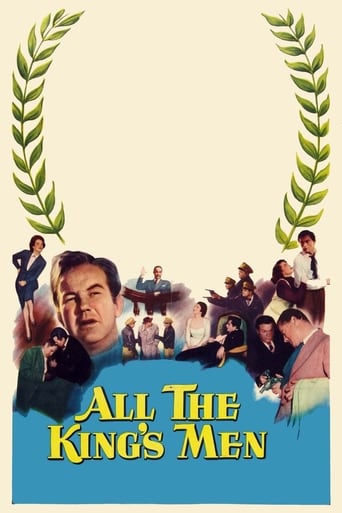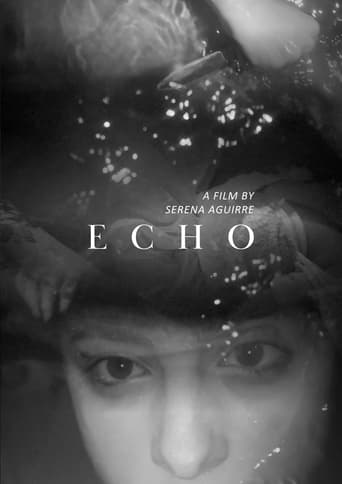The Life of Emile Zola (1937)
Biopic of the famous French writer Emile Zola and his involvement in the Dreyfus Affair.
Watch Trailer
Cast


Similar titles
Reviews
Sorry, this movie sucks
Powerful
i must have seen a different film!!
Good story, Not enough for a whole film
Copyright 14 July 1937 by Warner Bros. Pictures, Inc. New York opening at the Hollywood Theater, 11 August 1937. U.S. release: 2 October 1937. U.K. release: October 1937. Australian release: 3 February 1938. 13 reels. 116 minutes.SYNOPSIS: Emile Zola secures a new trial for the unjustly condemned Captain Alfred Dreyfus.NOTES: Academy Award, Best Picture (defeating The Awful Truth, Captains Courageous, Dead End, The Good Earth, In Old Chicago, Lost Horizon, 100 Men and a Girl, Stage Door and A Star Is Born).Academy Award, Supporting Actor, Joseph Schildkraut (defeating Ralph Bellamy in The Awful Truth, Thomas Mitchell in Hurricane, H. B. Warner in Lost Horizon and Roland Young in Topper). Academy Award, Best Screenplay (defeating The Awful Truth, Captains Courageous, Stage Door and A Star Is Born).Other Academy Award nominations: Paul Muni, Best Actor (winner was Spencer Tracy for Captains Courageous): William Dieterle, Directing (winner was Leo McCarey for The Awful Truth); Anton Grot, Art Direction (winner was Stephen Goosson for Lost Horizon); Sound Recording (winner was The Hurricane); Music Score (winner was 100 Men and a Girl). New York Film Critics Awards: Best Motion Picture; and Best Male Performance, Paul Muni. Best Picture of 1937, voted by the film critics of America in The Film Daily annual poll. Negative cost: $1,000,000. Domestic gross: $1,600,000 (including the 1938 re-issue). For another treatment of the Dreyfus case, see José Ferrer's I Accuse! (1958).COMMENT: The awards say it all. I think it's a marvelous movie: persuasive, forceful, compelling, compassionate, a rich emotional experience, with Muni, Schildkraut, Sondergaard and all the supporting players — with Dieterle and the whole array of his superlative Warner Bros. technicians — at the absolute peak of their form. One of the most stirring, involving and absolutely suspenseful films ever made. I was moved, thrilled, excited, fascinated — and that surely is what movies are all about. Lavishly produced and zestfully directed, The Life of Emile Zola is easily the most passionately powerful film of the 1930s.OTHER VIEWS: The fusing of realism and social consciousness into a high-charged entertainment was a specialty of the Warner Bros. studio during the 1930s. Not that other studios — even MGM — did not attempt this type of movie. They did. But it was Warner Bros. who not only led the way but crafted more movies in this category than all other production houses combined. The Life of Emile Zola is one of the most eminent examples of these superb entertainment skills. Muni gives the stand-out performance of his career (how Tracy's ridiculously phony Portuguese fisherman tipped Muni out of the Academy Award is a mystery I'll never solve) and Dieterle his most polished, pacey and pictorially dramatic job of imaginative directing.
This is probably both William Dieterle's and Paul Muni's best film. It is monumental in its towering pathos of justice, which actually reduces Zola to a mere second character, while the central character is the awesome Dreyfus affair with its character assassination by intentional gross injustice. It was the greatest judicial scandal in the 19th century and perhaps in history, and it is very well presented in the film, especially by minor details, as the scenes from Devil's Island, when Dreyfus fettered to his bed (for security) tries to read Zola's book under his bed and finds it infested with insects, and when his release is illustrated by his incredulousness, walking out of his cell again and again, and returning in to walk out once again.The first quarter of the film is the weakest and least historically correct, "Nana" was far from Zola's first literary success and actually only a minor novel compared to "Gervaise" and "Germinal" for instance, which are not even mentioned. The last three quarters of the film are all about the Dreyfus affair, crowned with Zola's glowing articles and speeches in court, splendidly delivered by Paul Muni, well aware of what opportunity he had here to excel himself in acting and making more than the best of it.All other actors are excellent as well and startlingly convincing every one of them, from Esterhazy and the generals to the ladies and wives, while Cézanne alone is a little shadowy.It's a tremendous film, I saw it as a child 55 years ago and have never forgotten it, and at last I found an opportunity to see it again, and it was exactly equally impressing and moving. William Dieterle made many excellent films, he was German and worked with Murnau, Max Reinhardt, Marlene Dietrich (co-director with Reinhardt in the glorious "Midsummer Night's Dream") and finalized his career in Hollywood with unsurpassed gems like "Love Letters" and "Portrait of Jennie" with Jennifer Jones. They are very different from his great biopics of the 30s, of which this Dreyfus film is the towering masterpiece.
I recognised the title of this film as one of the films featured in the book 1001 Movies You Must See Before You Die, I didn't really know what it would be about, but I was hoping it would be a deserved entry. Based on the true story, it is the fictionalised account of the life of famed 19th century French novelist, playwright and journalist Emile Zola (Oscar nominated Paul Muni). Zola was a penniless writer sharing an apartment in Paris with painter Paul Cezanne (Vladimir Sokoloff) until he wrote and published his bestselling novel Nana. Zola has struggled to hold a job as he is outspoken and has been warned several times by a public prosecutor he could face charges if he does not moderate his writings. The main plot of the film is his involvement in the court case of Captain Alfred Dreyfus (Oscar winning Joseph Schildkraut) who is wrongly accused of giving secret military information to the Germans, he is falsely convicted as being a traitor, court marshalled and sentenced to life imprisonment on Devil's Island. The prosecution and defence question the various people involved in the case, and Zola plays his part, but sufficient evidence from the military is found that proves Dreyfus is innocent. In the end the army decided to cover it up rather than face the scandal of having arbitrarily convicted the wrong man, and Zola dies of accidental carbon monoxide poisoning due to a faulty stove, the day before Dreyfus is exonerated. Also starring Gale Sondergaard as Lucie Dreyfus, Gloria Holden as Alexandrine Zola, Donald Crisp as Maitre Labori, Erin O'Brien-Moore as Nana, Robert Barrat as Major Walsin-Esterhazy, John Litel as Charpentier, Henry O'Neill as Colonel Georges Picquart, Morris Carnovsky as Anatole France and Louis Calhern as Major Dort. Muni is very similar to Lon Chaney, in that he always played parts under makeup, he gives a very good performance putting on the accent and being eccentric, and Schildkraut deserved his Oscar for the captain professing his innocence, I will admit the political stuff goes a little over my head, but I found the courtroom scenes and other bits interesting, I can see I suppose why it got the accolades it did, overall it's a worthwhile biographical drama. It won the Oscars for Best Picture and Best Writing, Screenplay, and it was nominated for Best Director for William Dieterle, Best Writing, Original Story, Best Art Direction, Best Sound, Recording, Best Assistant Director Best Music for Leo F. Forbstein and Max Steiner. Good!
In 1862 Paris, struggling writer Paul Muni (as Emile Zola) is happy working with a book publisher. Because he writes about corrupt officials, Mr. Muni is called a "muckraker" and loses his job. However, fame and fortune are around the corner. Muni meets sad prostitute Erin O'Brien-Moore (as Nana) and writes her story. The book "Nana" is the first of many best-sellers. Years later, Muni sacrifices everything to defend Joseph Schildkraut (as Alfred Dreyfus), a Jewish man made a scapegoat by French authorities...Led by Muni's carefully constructed lead performance, "The Life of Emile Zola" was a huge success with audiences and critics. Muni won a "Best Actor" award from the "New York Film Critics" and Mr. Schildkraut received an "Academy Award" as "Best Supporting Actor". Those organizations named "Zola" best film of the year; adding its #1 placement on the annual "New York Times" and "Film Daily" lists, it was clearly the consensus winner for 1937. Disney's "Snow White" was the only real challenger...The Dreyfus affair is almost the whole film, making the title seem inappropriate. Also, the film seems shy about naming Schildkraut's character as Jewish. If you blink, you'll miss the piece of paper listing "Religion - Jew". Considering the looming World War, filmmakers likely wished the point was made more clearly. Despite its flaws, the production is excellent, with great roles from the cast and crew at Warner Bros. Sometimes overlooked among the more well-known names are outstanding art director Anton Grot and supporting actor Vladimir Sokoloff as Muni's drafty attic apartment roommate (acclaimed painter Paul Cezanne).******* The Life of Emile Zola (8/11/37) William Dieterle ~ Paul Muni, Joseph Schildkraut, Vladimir Sokoloff, Gale Sondergaard

